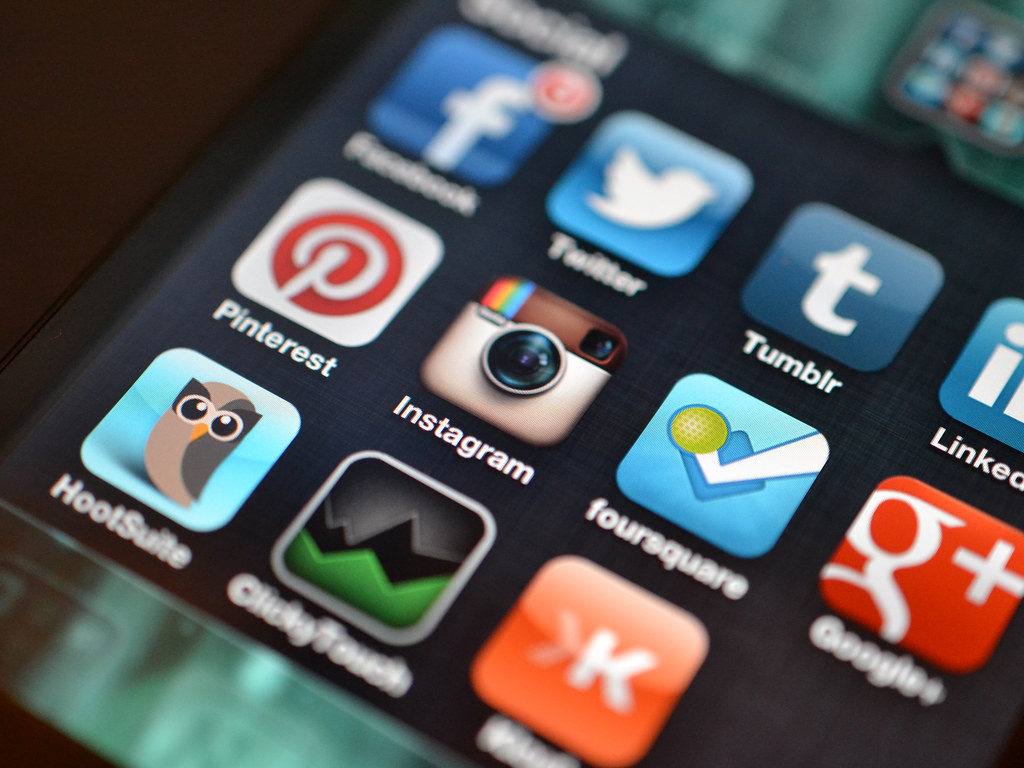Image: “Instagram and other Social Media Apps” by Jason A. Howie is licensed under CC BY 2.0..jpg
Look around you; whether you are in the middle of Times Square or simply reading this piece, you’re consuming media. But do you have the ability to use and analyze it correctly? In a nutshell, that’s what media literacy is.
The Center for Media Literacy specifically details that “media literacy is a 21st century approach to education. It provides a framework to access, analyze, evaluate, create and participate with messages in a variety of forms, from print to video to the internet. Media literacy builds an understanding of the role of media in society as well as essential skills of inquiry and self-expression necessary for citizens of a democracy.”
The importance of media literacy cannot be underestimated. So much of human knowledge comes from the media we consume daily. For humans to have the skill set to differentiate, fact check and objectively consume the media in front of them is invaluable to today’s world. Even in politics and pop culture, where some can argue media literacy is needed more than ever, it can have a huge impact.
Two subjects that see a lot of oversaturated content and information directed towards its users in all directions are topics like politics and pop culture, which make it increasingly difficult to separate fact from fiction. That is why there needs to be more of a focus on people being well equipped in media literacy because it is an everyday tool.
While taking the course MDC 253 in media literacy this semester, I’ve learned a lot about the implications media can have in our world. That’s why it was important to me to ask my highly educated professor, Dr. Rainear, who teaches the class, what his thoughts are on the matter.
In his statement, he highlights the importance of media literacy, saying “I would argue media literacy is one of the most important skills in society today, with how much time individuals are spending on technology and with media. The average human spends over nine hours of time with media. Many have argued that our society has less literacy than ever, even though we have more tools than ever before to seek out answers and find truth when necessary. Media literacy is a skill which should be taught at various levels of education. Young children need to understand the differences between cartoons and commercials, teens face some of the toughest challenges in media around body image, sex, and alcohol; and finally, adults who are our voters and decision makers. In my life specifically – my main overarching goal is to help others feel more comfortable using media and technology through teaching them meaningful skills.”
I want to thank Dr. Rainear again for his insights and the valid points he explained. He’s right; people can make the assumption that society has less literacy than ever. Look at any comment section discussing someone’s weight, gender or sexuality. You’re going to see just how uneducated and mean people can be. Our generation in particular is heavily impacted by the media we consume, for better or for worse. There are all types of things glorified on the internet. That’s why having media literacy is so important because it filters out things a normal media user would overlook or get wrong. It’s time to get educated, disciplined and smart about the way you use and consume media and the internet in general. Media literacy had the ability to make that happen.
Isaiah Ireland is a second-year Media and Culture major with a minor in Digital Marketing. II978280@wcupa.edu.

